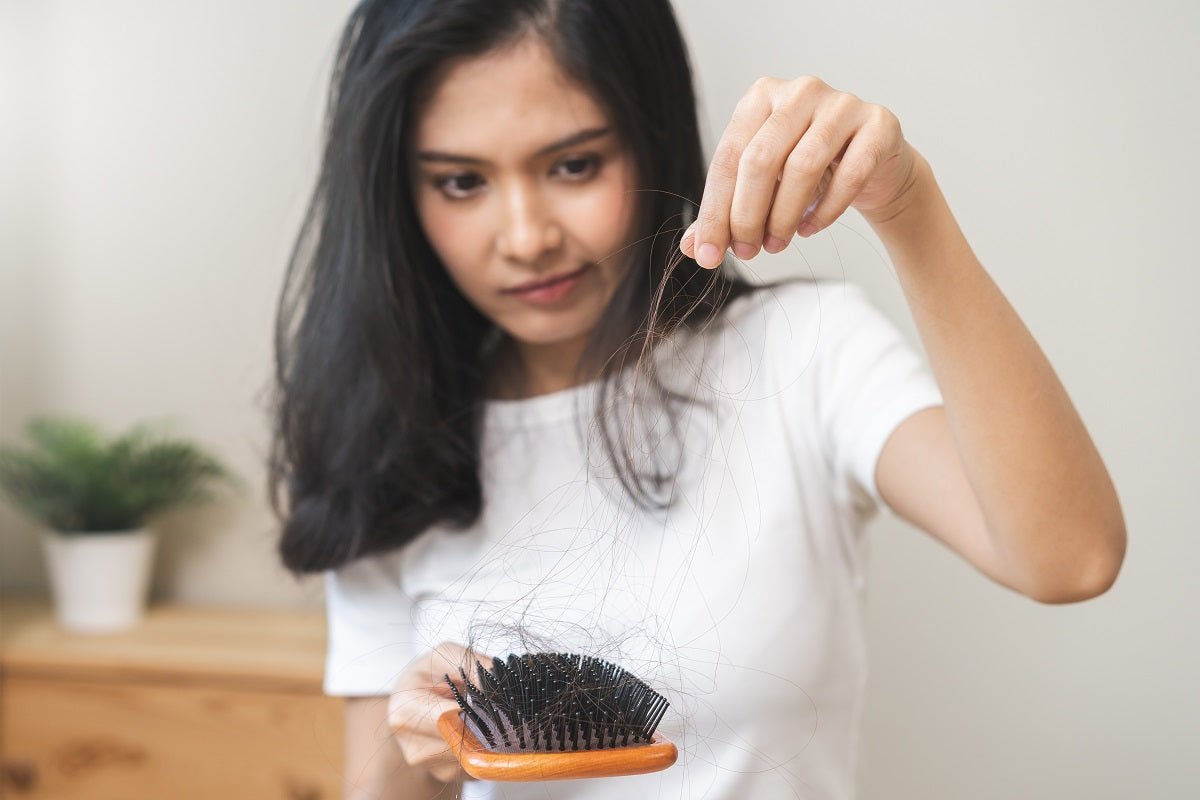


Over the last few years, new high-tech laser devices promising thicker, healthier hair have captured the hopes of people desperate to reverse or slow their hair loss.
Laser caps, which deliver red and near-infrared light to stimulate follicles, seem to offer a cutting-edge solution. But some users have reported experiencing the opposite effect - increased shedding and thinning after starting laser treatments.
This concerning side effect has raised questions on whether laser light could somehow contribute to hair loss instead of preventing it. After all, spending money on a hair loss solution only to find your hair thinning even more would add insult to injury.
Can the laser light itself somehow damage hair follicles and cause hair loss? Or are other factors actually to blame?
Laser caps work by delivering therapeutic levels of low-level laser light energy directly to the scalp. This light helps stimulate follicles and improves cellular activity critical for healthy hair and growth cycles. The lasers used in reputable caps like those from Capillus are considered very safe - they do not emit enough power to actually overheat or damage the scalp and hair when used as directed.
While laser light itself does not appear to pose a hair loss risk, misuse of a laser cap could. Using it too often or long, or with intensities higher than recommended could potentially irritate the scalp and cause inflammation. This type of reaction can exacerbate already thinning hair. Following the manufacturer’s directions is important to avoiding misuse.
It’s also important to note that some shedding of hairs after starting laser cap use is normal, as the treatments work to “restart” the hair growth cycle. Moderate shedding that lessens over the first few months is not necessarily a bad sign. But any excessive, prolonged loss could indicate another factor is involved.
For those with thyroid disorders, or other medical conditions causing hair loss, laser caps may not be effective - the loss requires treating the underlying condition first. Certain medications and treatments like chemotherapy are also known to sometimes cause severe hair shedding as a side effect. In these cases, laser caps cannot override the hair follicle damage done by medications.
Laser caps remain a safe option when used properly for most people with natural, hereditary hair loss, like androgenetic alopecia. But individual sensitivities, allergies, or reactions to light-based treatments or even topical products like minoxidil could play a role in some users experiencing irritation, inflammation, or excessive shedding. Checking with a dermatologist can help identify any factors that may be exacerbating hair loss.
Current evidence indicates that low-level laser light does not directly cause hair loss when laser caps are used as intended. While not common, side effects are possible if caps are misused or if other individual factors like medications or medical conditions are present.
Mild hair shedding at first is normal, but if excessive loss continues well past the adjustment period, consulting your doctor is advised. With proper use, laser caps can be a safe, non-invasive option for many people looking to treat natural hair loss.
How Is Capillus Better Than Our Competitors?
Are Laser Hair Caps Safe?